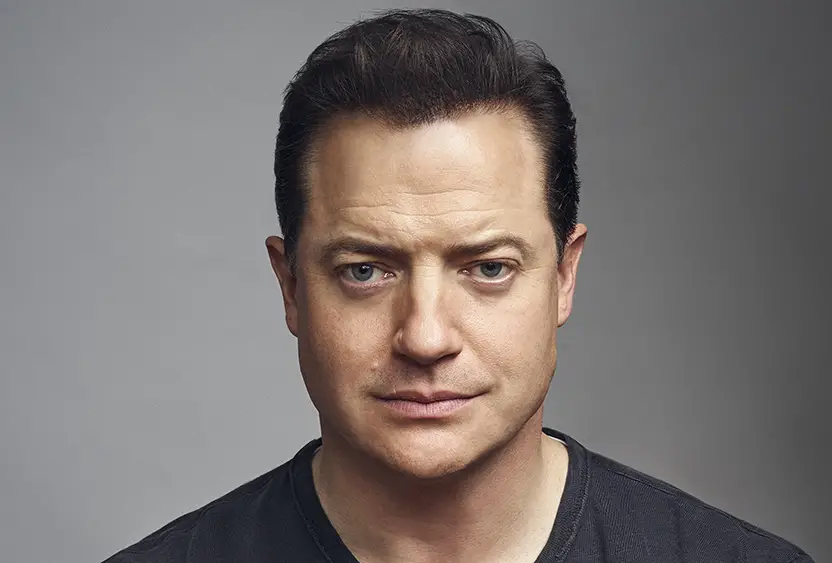With award season coming to a close, it is important to look back on how this year was incredibly different from previous ones. Starting in late Oct. 2017, a movement coined #MeToo, which was informally kicked off by an Alyssa Milano tweet, encouraged actresses to feel empowered to start conversations about the sexual abuse they have suffered.
The groundswell swept Hollywood’s award season, as accusations of both new and old acts of harassment surfaced weekly.
Whereas last year, when Casey Affleck won the Oscar for best actor despite having accusations of sexual harassment against him, this year nearly a dozen prominent actors were booted from lucrative roles when allegations of sexual misconduct arose against them.
In fact, just several days before the Academy Awards, Ryan Seacrest’s assistant levied allegations of abuse against him, and even the mere rumors nearly scuttled his red-carpet appearance.
Clearly, as the Seacrest example proves, the #MeToo movement still has room to grow. However, one of its most glaring flaws is also one of its least discussed, which is that the social justice campaign has largely excluded male victims of sexual assault from the conversation.
While adherents of the cause never set out to intentionally cut abused men from the fold, larger narratives surrounding the dynamics of sex and violence have created a culture in which male victims are simply less likely to be heard.
In fact, a growing number of men have stepped forward to testify to the abuse they’ve experienced in Hollywood. It seems, then, that powerful members of the filmmaking establishment do not solely attack actresses.
Recently, actor Brendan Fraser spoke to GQ about his own account of sexual assault at the hands of a powerful executive in Hollywood. The article was titled “What Ever Happened to Brendan Fraser?” which the author chose specifically to remind their readership of Fraser’s once-immense popularity.
Around the turn of the 20th century, with superstar performances in films such as “George of the Jungle” and “The Mummy,” Fraser was a household name. He was set to become a leading Hollywood actor, but suddenly his career in Hollywood dropped like a rock.
The name Fraser soon became synonymous with the term “has been.” Unlike other formerly famous Hollywood faces, Fraser faced no public scandal nor was it clear why he faded from public view.
As Fraser admits in the GQ piece, his reclusive status was the result of being sexually assaulted in 2003. He alleges that in 2003, Philip Berk, former head of the Hollywood Foreign Press Association (which runs the Golden Globes), groped him at a summer luncheon.
Although Fraser did not go public about the assault, his team did request a written apology from Berk and received it. Fraser notes that after the assault, he was rarely invited back to the Golden Globes.
As a result of the incident, Fraser became depressed and speculated that Berk then blacklisted him, stymying his career. In the interview, Fraser discusses the pain he felt over the assault, saying, “I felt ill. I felt like a little kid. I felt like there was a ball in my throat. I thought I was going to cry.”
Fraser’s account is in line with what many other victims of sexual assault have shared, which all include freeze and panic. Fraser told GQ that he experienced depression after the assault, which may have also contributed to his career failures.
“I was blaming myself and I was miserable — because I was saying, ‘This is nothing; this guy reached around and he copped a feel.’ That summer wore on — and I can’t remember what I went on to work on next.”
Fraser believes that the event possibly stunted his career and may even result in him being blacklisted. While it is hard to find evidence for Fraser’s claim, his exclusion from The Golden Globes tells much about his future career development.
From a general public perspective, these events are mainly about awards and red carpets, but to many actors, they are networking opportunities. Such a prestigious celebration offers actors a chance to meet with producers and directors whom many have only dreamed of ever meeting.
One less invitation is one fewer chance to get new roles, less public exposure and lower possibility of expanding his career. Fraser, however, leaves his interview with a feeling of optimism about the new projects he has coming up.
Nevertheless, the actor, sadly, is not alone in this; with the #MeToo hashtag, others have also revealed their blacklisting due to an assault by Hollywood executives. Other celebrity victims have come forward about male sexual assault, including Anthony Rapp, Corey Feldman, Harry Dreyfuss and James Van Der Beek.
Terry Crews has an incredibly similar story to Fraser’s. Crews came forward in late 2017 about being groped by WME Agent Adam Venit at a Hollywood event. Venit was suspended from his job following the accusation, but WME later restated him, which enraged Crews.
This whole thing with Harvey Weinstein is giving me PTSD. Why? Because this kind of thing happened to ME. (1/Cont.)
— Terry Crews (@terrycrews) October 10, 2017
Crews’ assault has either been brushed aside or mocked by the general public. On top of that, Crews’ size has resulted in many people ridiculously questioning the credibility of his sexual assault account. In a way to seek some type of justice, Crews has filed a civil lawsuit against Venit.
“People were saying, ‘You should have beat him up.’ I’m like, ‘Why is no one questioning him?” No one questions the predator. The person who is doing the harassment doesn’t even get a question,” Crew shared in an interview with the Times.
Crews’ words speak volumes in discussions about victimhood. In many cases of sexual assault, the first reaction from the public is to blame the victim, whether they are male or female. You might suspect that male victims do not experience victim-blaming like women do, but they do.
Even worse, the social idea of masculinity finds fault at the male victims for not being able to fight back against the predators.
When Crews is told he should have beat up the man who assaulted him, it is the same as telling a woman she should not have worn a skirt if she did not what to be assaulted.
Asking insensitive questions rather then offering support dilutes the conversation around sexual assault by focusing on what has been done by the victim rather than what should not have been done by the predator. What you should offer at such a time is nothing other than support and comfort.
This is why it is important to include and support men’s stories in the #MeToo movement. While it is easy to solely focus on women’s account of sexual violence, men’s accounts cannot be ignored or forgotten.
These men are extremely brave for coming forward and they deserve nothing less than the respect their female fellows receive from the public. If we wish to truly create a society with sexual autonomy, we must denounce all forms of sexual violence regardless of gender stereotypes.

















